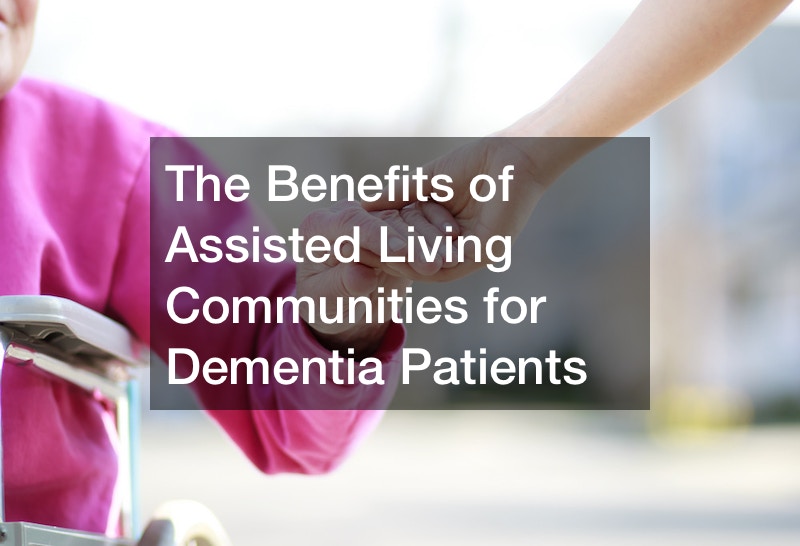
If one of your loved ones is showing signs of dementia, it can be scary. In this case, you may want to learn more about the disease. During the earliest stage of the disease, the victim displays minor forgetfulness. Although the progression of dementia typically takes several years, there is a category of dementias, called Rapidly Progressive Dementias, when symptoms are often noted as progressing fast. By the end of dementia, the victim is typically bedbound and unable to speak.

Medical experts describe four aspects of the disease, referred to as the 4 a’s of alzheimer’s. Amnesia is the first A, which relates to forgetfulness. Progressive disintegration of coherent speech (aphasia) comes next, as speech eventually becomes incoherent. The final two stages involve impaired movement (apraxia) and loss of sensation (agnosia.)
Although people whose parents have had Alzheimer’s may be worried that they will get the disease, according to the Alzheimer’s Association, the majority of dementia is not believed to be hereditary. Nevertheless, many people prepare by writing documents about their wishes in case they contract dementia. These documents could be called an “If I get dementia list.” These lists may sometimes specify the victims’ wishes regarding being sent to Alzheimers care facilities.

Dementia is a challenging disease to live with. The good news is that there are assisted living communities where dementia patients can find relief and comfort. An assisted living service has several benefits for those battling dementia-related conditions. Assisted living communities’ most significant benefit is their help to their other residents.
The presence of other people who can relate to your condition will make it easier for you to adjust. These residents are often people with dementia and Alzheimer’s. As a result, they will be able to relate on some level with your loved one. People living with dementia may even find a cure or medication to help them.
With this in mind, it will help to find a list of assisted living facilities in your local area. The widespread use of the internet has made it easy to get a list of nursing homes near you. The web will offer a list of facilities near you by typing the keywords, such as a nursing home near me.
In your search for a retirement home, it is best to take your time to determine the facility’s reputation before enrolling in it. Living in such a place will significantly improve your loved one’s quality of life. It will also give you the peace of mind that they are getting the best treatment.
Throughout the world, there are roughly 35.6 million people living with some form of dementia. While there are more than 100 types of this disease, the most common dementia diagnosis is Alzheimer’s. Approximately 60% to 80% of the people that receive a dementia diagnosis will have Alzheimer’s disease.
In the United States alone, there are more than 5 million individuals with Alzheimer’s. By 2050, it is believed that 16 million people may be diagnosed with this debilitating disease. Currently, 1 out of 8 adults over 65 years of age have received this diagnosis. While men do develop this form of dementia, it is more common in women. Approximately 66% of all Alzheimer’s patients are women.
Unlike the other top-10 causes of death in the United States, Alzheimer’s disease can’t be prevented, slowed, or cured. At this time, It is considered to be the sixth leading cause of death in the country. It’s important to note, however, that Alzheimer’s research is ongoing. In 2011, for example, the United States government contributed $450 million to engage in continued research.

Many people with dementia live in assisted living facilities, nursing homes, and other types of residential care facilities. Recent data shows, for example, that 64% of the adults 65 and older that are living in nursing homes have either Alzheimer’s or another type of dementia.
There are a variety of benefits available to people living in residential care facilities. In 2010, for example, nearly 40% of the residents were able to receive assistance with 3 or more daily living activities. These activities might include bathing, dressing, medication monitoring, and light housekeeping. Other important benefits include a supportive staff, which includes nurses and other personnel that provide memory and other types of care.
Assisted living communities provide an opportunity for residents to continue enjoying an active lifestyle. Since most seniors want to be as independent as possible, these communities provide them with assistance so that they are able to do so. Residents are able to engage in a variety of social activities and explore their personal interests by taking classes or workshops.
